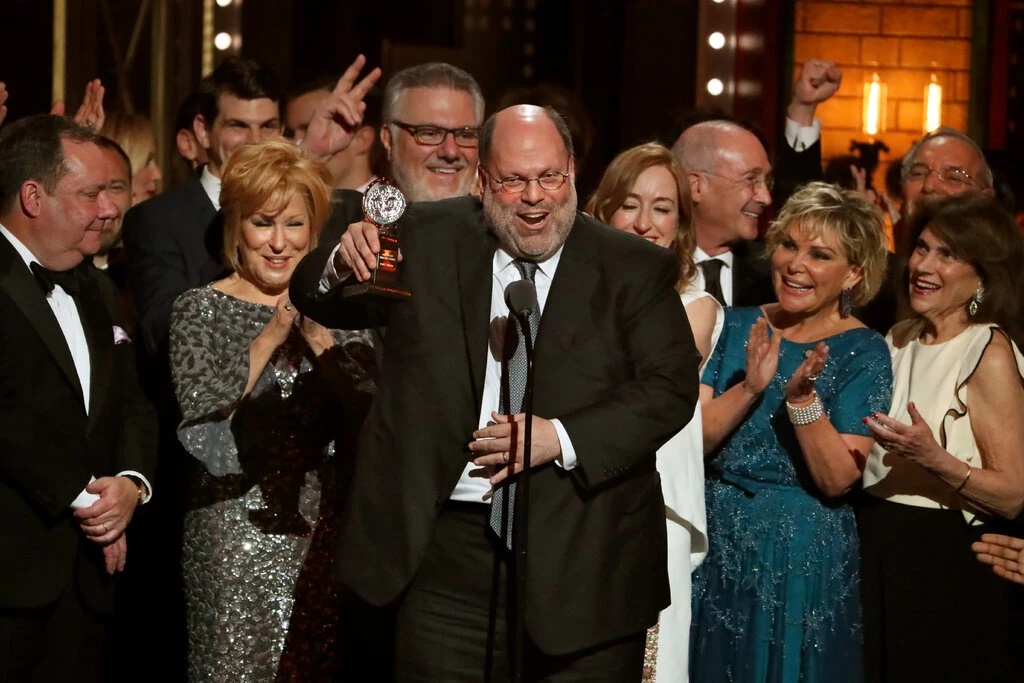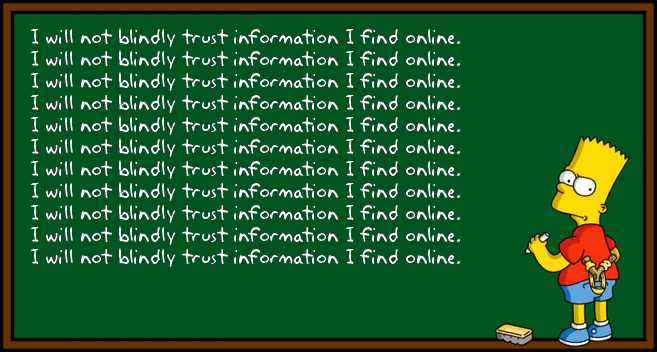
The Academy of Motion Picture Arts And Science signed the death warrant of the Oscars, or, in the alternative, the film industry itself. This would warrant the “Madness! Madness!” clip, but I’m getting sick of it since that last moment in “Bridge Over The River Kwai” been relevant almost every day since early June.
It was in June, in fact, that the Academy said it would add a diversity component to the Oscar requirements. I wrote than that it was an anti-artistic development. Yesterday, the dreaded other shoe dropped, and it was far more dilapidated and stinky metaphorical footwear than I could have imagined, even with the complete contempt for Hollywood and the intellect of its leadership I have developed over the years. I am certain the race-hucksters and minority activists are dancing with joy, having destroyed the Oscars in order to “save” them. Yes, it’s a victory: the Woke Mob has succeeded in wrecking another American institution and source of enjoyment for the public. The only question is which institution: merely the Awards, or Hollywood itself.
To be optimistic, I assume it’s just the Oscars, in which case the Academy just committed suicide. The Awards show once was a shared cultural experience, then the actors started getting political and partisan, then the integrity of the process began to look fishy, and over time, culminating in the nominations miraculously including more African American nominees because a activists complained about too many white people receiving the honors. If I had bothered to think about the Oscars at all, they would have been high on my list of casualties of the George Floyd Ethics Train Wreck. Of course Hollywood would leap at the invitation to mandate the “right” kind of discrimination.
When you read the hilariously pompously named “Academy Aperture 2025” below, it should become immediately clear that the Academy has abandoned its mission of encouraging, promoting and rewarding excellence in cinema, and now will be giving out awards for meeting interest group dictated quotas and dubious social justice criteria. Whether the movies are any good or not will be secondary. Artists are being given incentive to seek political objectives at the cost of artistic integrity and worth. Well, good luck with that: I doubt many Americans will care about such awards, especially since they barely care about the Oscars now. The Academy Awards seem to be following the doomed path of the Miss America Pageant, which capitulated to the feminists, ceased to be about attractive women in bathing suits, and thus eliminated the only justification, already slim, for its existence.
I think I understand how the Academy came to make such a bone-headed decision: it is dominated by progressives, and as they have devolved from passion to fanaticism to obsession, progressives have become deluded into accepting the concept that politics and political correctness determines virtue and value in all things. It is an indefensible decision that betrays the essence of art, but I understand it.
I assume that most film-makers, and all of those with integrity— will choose to follow their artistic vision whether it allows the requisite number of “diversity” boxes to be checked or not. I assume that eventually, maybe quickly, a widely praised and a hugely successful film will be snubbed for not having the required number of handicapped and trans key grips, and the Awards will be mocked out of existence. We shall see: the studios, being award-hungry and run my morons, will initially insist that films meet the Oscars’ restrictive criteria, and then, when the box office suffers, most of them sill conclude, “To Hell with this: let’s make movies people want to see.”
Hollywood has bet its chips on joining the Black Lives Matter mission of creating a race-based culture where color and ethnicity, and secondarily gender, dictate advancement, financial rewards, influence and power. This is part of the indoctrination process, and if it results in bad art, so be it.
I think it’s a foolish bet, but time will tell.
Now hold on to your butts, as Samuel L. Jackson says in my favorite dinosaur movie: here are the standards that, beginning in 2024, films will have to meet on order to to qualify for the Best Picture category… Continue reading →






